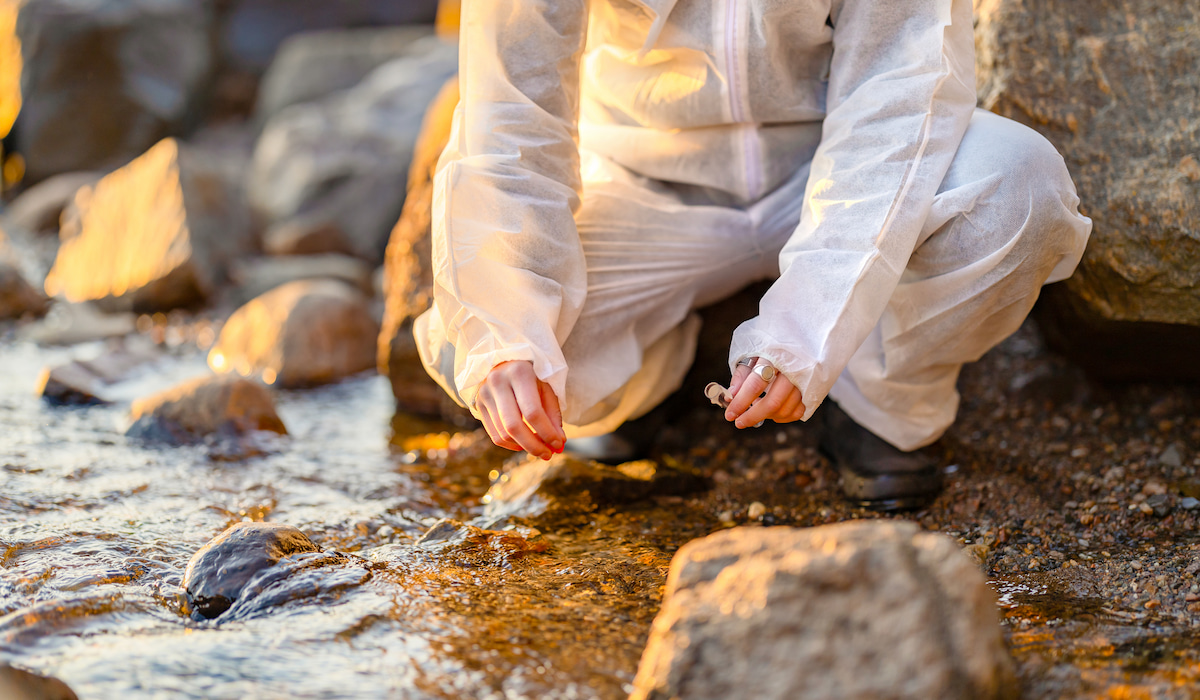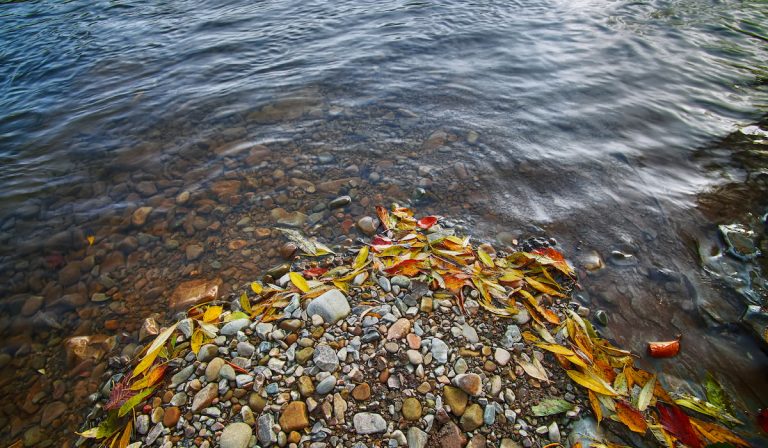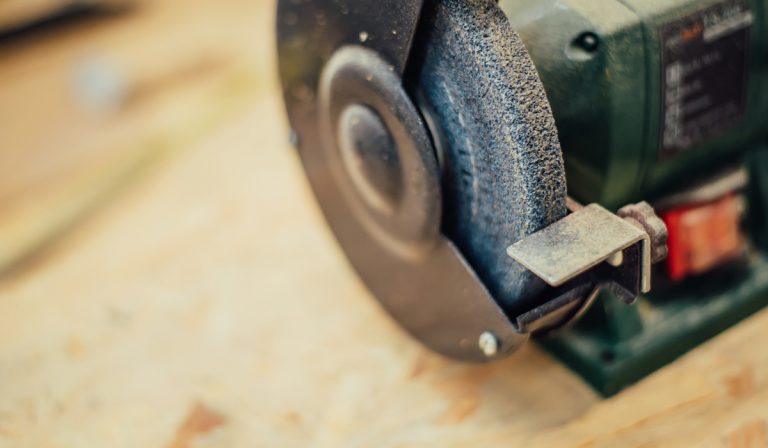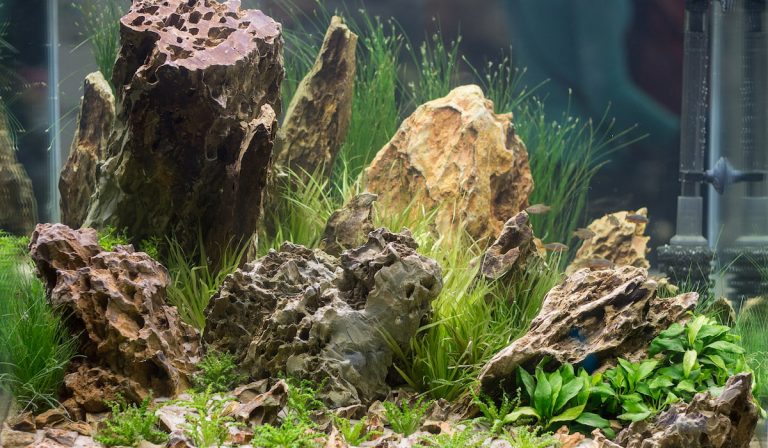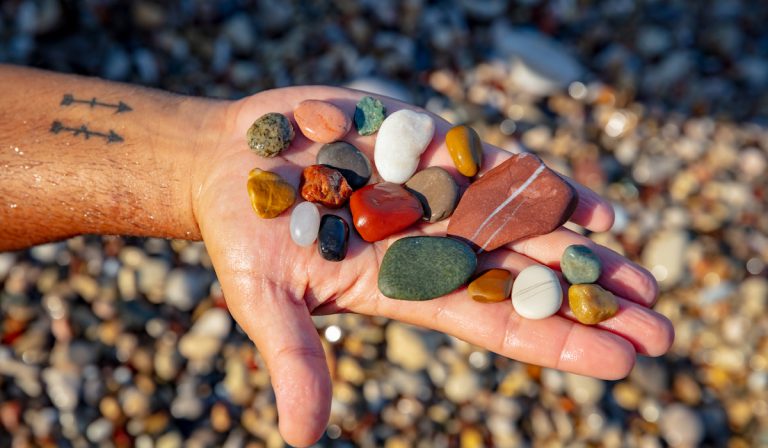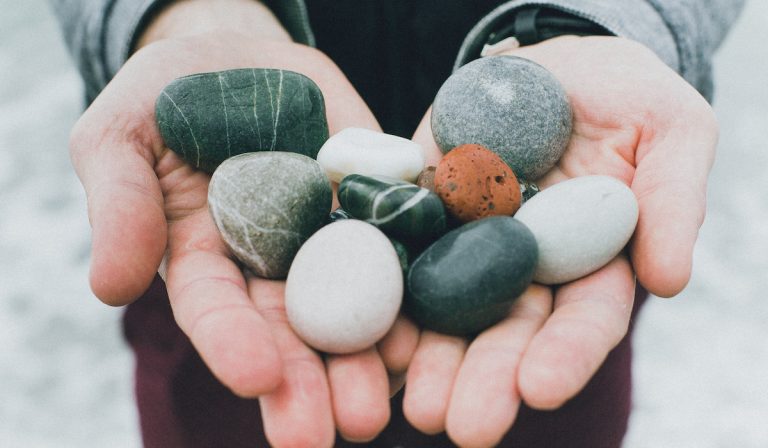Why Do People Collect Rocks? (7 Interesting Facts!)
Have you ever wondered why people collect rocks? Rock collection is both a hobby and profession that has existed for many years.
What motivates people to collect rocks and what do they use collected rocks for?
Here are seven reasons why people collect rocks:
1. Aesthetics

If you’ve ever seen a rock collection, you know that the beauty of a precious stone is second to none. Experienced collectors arrange their rocks according to size, color, and worth.
Imagine using a rock collection to decorate your home. Your home would have a natural feeling and the appearance will be admired by your visitors.
People also use collected rocks in their rock gardens, aquariums, etc. If you want to start collecting rocks because of aesthetics, you are not alone and you should go for it.
2. Monetary Values for Precious Stones
Some mineral dealers collect rocks and precious stones for their monetary value.
Rocks can be very expensive according to their type, color, and place of collection. What’s more, the longer you keep a rock, the more expensive it becomes. Imagine buying a rock that was collected in the 16th century.
3. To Remember A Location or Experience
Rocks are among the best travel souvenirs because they do not go bad, they are very beautiful, and will continue to remind you of where and when you collected them.
Imagine going on a vacation with your friend or spouse. You loved the vacation and also collected some rocks. Seeing the rocks you collected on that vacation can help you to remember the feelings you had when you picked them up.
You may not be a professional or hobbyist rock collector, but you will enjoy the memory of a location or experience when you collect rocks.
4. Prestige Among Collectors
Rock collectors rank themselves according to who has the most valuable rocks.
Keeping more precious stones and finding stones that other collectors have not seen before gives you high prestige among other collectors.
5. The Journey Thrills
Do you remember the saying “It is the journey and not the destination that counts?” Many rock collectors collect rocks, not because they love collecting rocks, but because they enjoy the process involved in collecting rocks.
To collect rocks, you have to hike, ride a bike, discuss with friends, spend the night outside, go far away from home and see nature as it is, etc. As you can see, there are many things that go along with collecting rocks and the rocks serve as reminders of what you did on your journey.
When you (as a rock collector) see your rocks, they will give you nostalgia and the experience of the journey over and over again.
6. Happiness and Accomplishment
What do you love collecting? Be consistent in collecting your precious items for years. After a few years, turn back and look at your collection. How do you feel?
This is how many rock collectors feel when they see their rock collection.
You have your own museum as a rock collector. Remembering the experience, feeling nostalgia, beautifying your home, place of work, garden, or aquarium, or seeing your rare finds are enough reasons to become a rock collector.
7. Science and Research
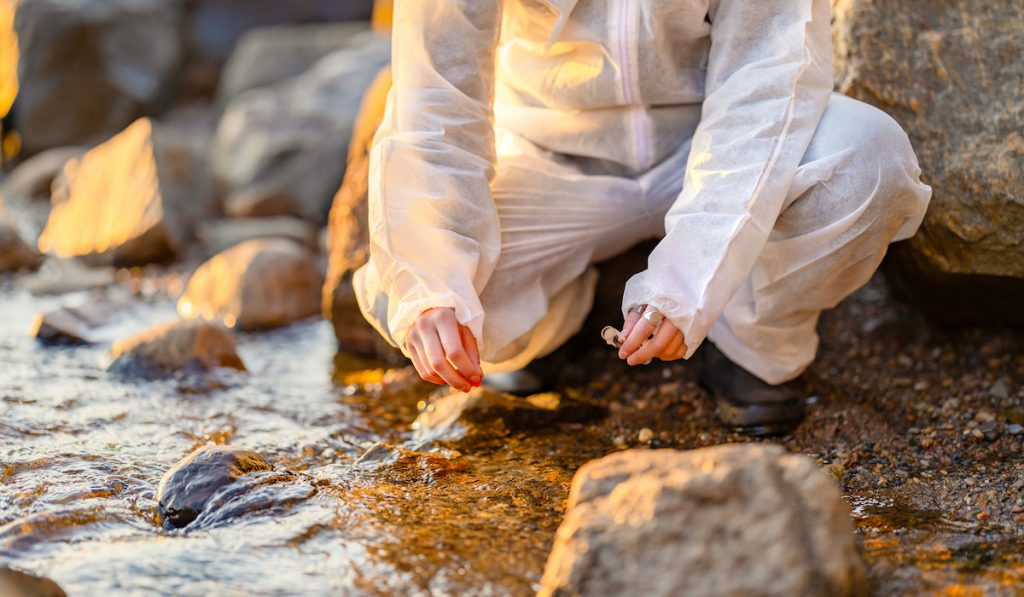
Geologists, archeologists, and other scientists collect rocks to study their properties and for other academic purposes.
These people are not true rock collectors as they do not collect rocks for personal reasons, but they do collect and also display rocks.
As you can see, there are numerous reasons to collect rocks.
Where to Find Rocks
Here are popular places where most rock collectors find and collect rocks:
1. Along Rivers and Beaches
There are many different types of rocks in and around rivers. You can find pebbles and precious stones close to rivers. River rocks come in various colors and sizes.
River rocks are among the most expensive rocks especially when you find rare ones.
2. Quarries
You can find a lot of rocks in quarries. If you are lucky, you can find the most expensive rocks there.
3. Pay-to-Dig Sites and Cut Roads
You can find rocks in other places such as pay-to-dig sites and cut roads.
Pay-to-dig sites are places where you are sure to find precious stones, so as the name implies, you have to pay to dig and discover the stones. Any stone you find is yours.
You can also find rocks on cut roads. Cut roads are places (for example, mountains) where a road passes. It is very easy to find rocks there.
If you carefully examine the ground or go a bit further away from the road, you can often find valuable rocks.
4. From Other Rock Collectors
If you collected rocks on your vacation or expedition, you can swap rocks from other rock collectors. You can even buy rocks from them. It is easier to swap rocks when you collect multiple rocks of the same type and can easily give out one.
Ask professional or old-time hobbyist rock collectors about the kind of rock that you are looking for. You’ll be surprised that they usually have more than enough and can give you one.
Now you know where to collect rocks. Now, how do you start your rock collection?
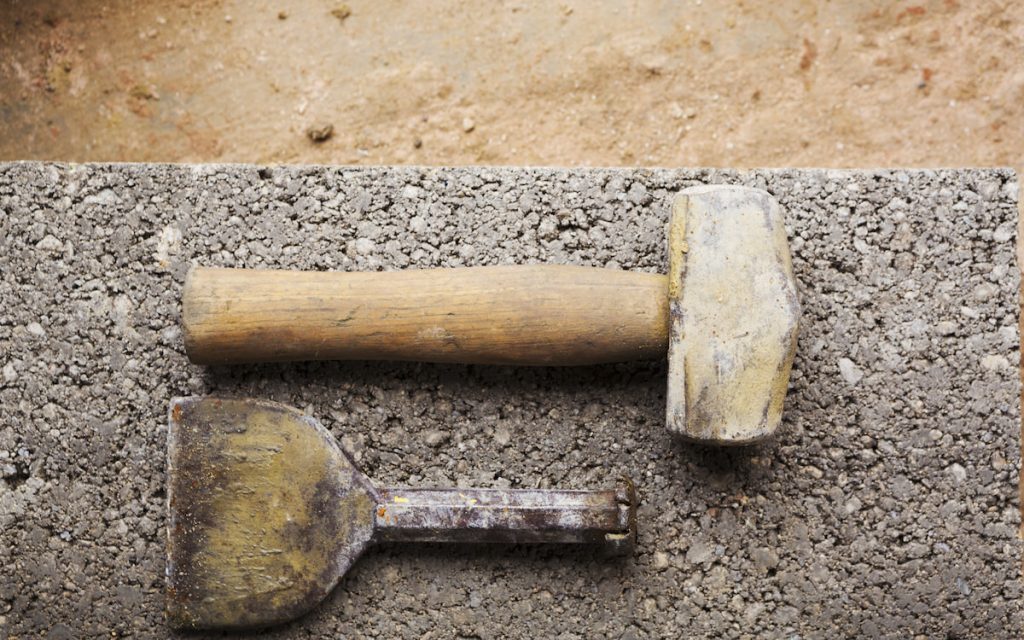
How to Collect Rocks
Here is a process with easy steps to follow to start your rock collection.
1. Start from Home
The first tip for you is to know your area’s geology. It would be disappointing to travel far away and collect a beautiful rock but only return home to see that the type of rock you collected is very common in your area.
Collect beautiful rocks from your surroundings and master the types of rocks around you so that when you travel or go searching for rocks, you will know the type of rock you should collect.
Starting from home also helps you to master the skill of rock collection.
2. Gather Your Tools
To many, rock collection is a profession. Even if it is a hobby to you, you need to gather your tools to help ease the process.
As a beginner, here are some useful tools for you:
- Mallet
- Chisel
- Bucket
- Work gloves
- Safety glasses
- Geologist’s pick
- Good rock hammer
- Short-handled shovel
- A pair of sturdy boots
You can easily find these tools in a local hardware store. You can always add more sophisticated equipment as you become a pro at rock collection.
3. Join a Club
Networking is among the best ways to advance in any career or profession and the local rock collectors club is the best place to find professional and hobby mineral collectors.
These people can help tell you about your area, places you can find precious stones, and may even share some rocks with you.
4. Record Your Rock Details
Whenever you collect a new rock, it is good practice to record the type of rock, the location found, and extra information about the collection.
These details can remind you of your trip in the future. These details can also help you to describe the rock to viewers or fellow rock collectors.
5. Display Your Collection
Properly trim your rocks to make them look more beautiful. Arrange the rocks according to their colors and sizes. Use a background color or picture that complements the color of your rocks.
An extra tip is that you should limit the number of stones to display. Instead of displaying every collected rock, display the best-looking rocks that are perfect for the moment.
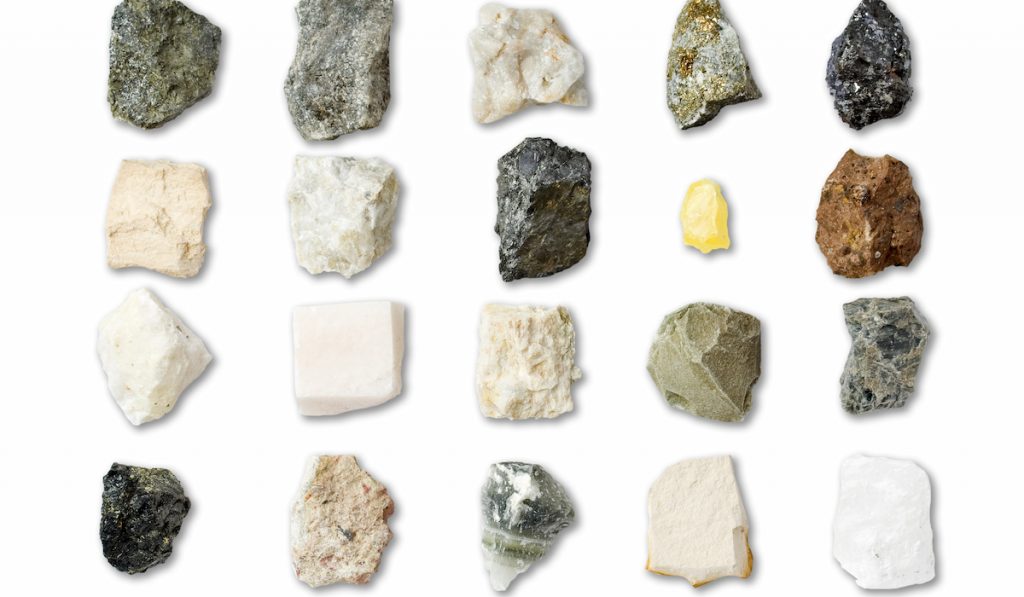
Related Questions and Answers
1. Is It Okay to Collect Rocks from Nature?
It depends on local laws and what you want. If local laws permit it, you can collect rocks.
Some people condemn rock collection as it can disrupt the appearance of a location but as long as the law allows, it is totally up to you as you are not destroying the rocks but simply appreciating nature.
2. Can You Use River Rocks in Aquariums?
It is common to use river rocks in aquariums, but make sure that you wash, dry, soak, and rinse the rocks for several days before you place them in the aquarium.
If you do not wash the rocks properly before you, you may be introducing bacteria, algae, and parasites into the aquarium.
If you can prepare the river rocks before use, your aquarium fish will feel even more relaxed by the presence of river stones.
3. Are Rock Collectors the Same as Mineral Collectors?
While the words are sometimes used interchangeably, rock collectors and mineral collectors are not the same. Mineral collectors have a more diverse range of specimens as all rocks are minerals but not all minerals are rocks.
Minerals are solids that occur naturally and have distinctive chemical and physical properties. Rocks, however, are aggregates of one or more minerals.
Final Thoughts
People collect rocks for many reasons. For example, they collect rocks because of nostalgia, aesthetics, the joy of it, etc.
You should collect rocks for your own personal reasons. If you start a rock collection today, what is your most likely reason?
Resources
- https://www.thoughtco.com/rock-collectors-a-collection
- https://www.irocks.com/rock-and-mineral-collecting-for-beginners
- https://rockhoundresource.com/why-people-collect-rocks-and-you-should-too
- http://wheretofindrocks.com/why-collect-rocks
- https://www.mensjournal.com/features/my-parents-are-obsessed-with-rocks-i-finally-understand-why

